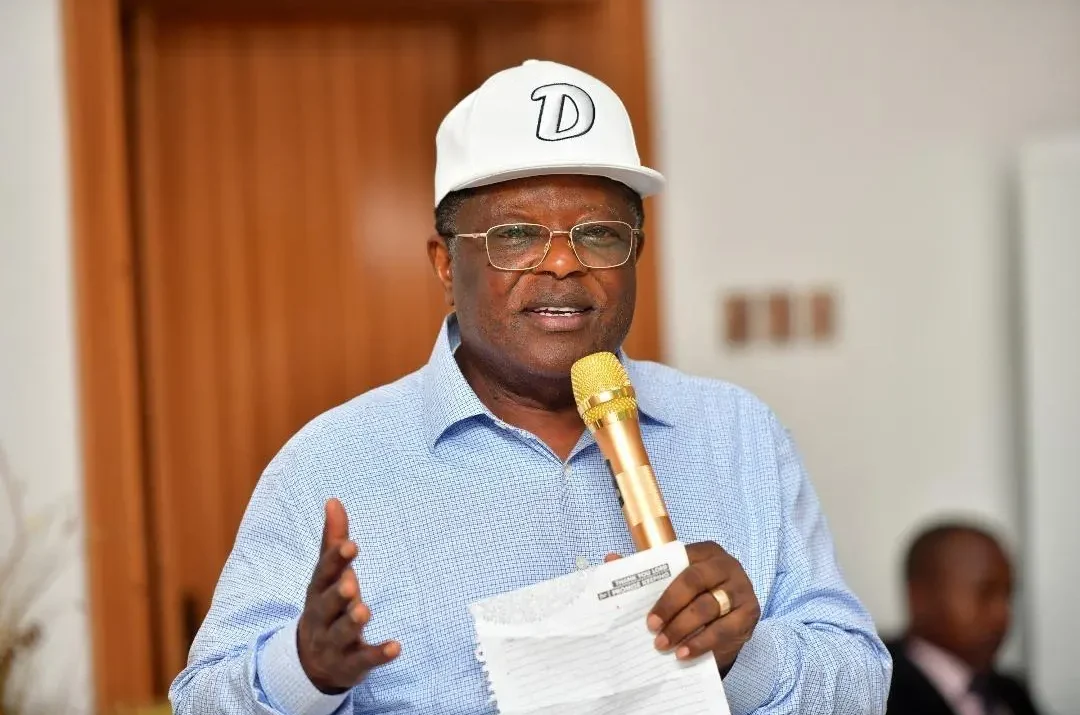The Nigerian Federal Government has unveiled plans to implement a cashless tolling system for the Abuja-Keffi expressway as part of a broader strategy to modernize transportation infrastructure. Minister of Works, David Umahi, announced the initiative during the inauguration of a special committee for the project, which also includes the dualization of the Keffi-Akwanga-Makurdi Road.
Umahi emphasized that the cashless toll system is a critical component of the Highway Development and Management Initiative (HDMI), designed to promote efficiency and sustainability in Nigeria’s road transportation sector. He pointed out that this development aligns with President Bola Ahmed Tinubu’s economic recovery agenda under the Renewed Hope administration.
“This is one of the cardinal strategies of President Bola Ahmed Tinubu towards realizing the desires of our people in road sector development,” Umahi stated. He added that the committee would develop a robust implementation framework for the project, as well as relief stations along the highway corridors.
The Abuja-Keffi expressway is a major traffic route, and the implementation of a cashless toll system aims to enhance road management while improving the travel experience for motorists. Umahi acknowledged that the Keffi-Akwanga-Makurdi project, executed by China Harbour Ltd with 85% funding from China Exim Bank and 15% counterpart funding from the Nigerian government, was a model of successful international collaboration.
He further outlined the committee’s terms of reference, which include creating a seamless cashless toll collection framework, providing recommendations on the establishment of relief stations, and ensuring a secure and user-friendly environment along the highways.
Relief stations, a novel concept in Nigerian road management, are planned to offer essential services such as small clinics, supermarkets, security posts, parks, and tow-truck stations. “The idea is that we should have a maximum 10-minute response time on our highways,” Umahi noted. He explained that the relief stations will be equipped with CCTV cameras and solar-powered lighting to boost security and ensure swift responses to incidents.
The committee’s assignment also includes developing plans for monitoring and ensuring swift security interventions within 10 minutes in case of emergencies on the expressway. The toll system will contribute to improved maintenance of the roads, while the enhanced security measures are expected to reduce accidents and crime along the busy route.
As Nigeria moves towards a cashless economy, this tolling system is poised to be a model for future road infrastructure projects across the country.






2 Comments